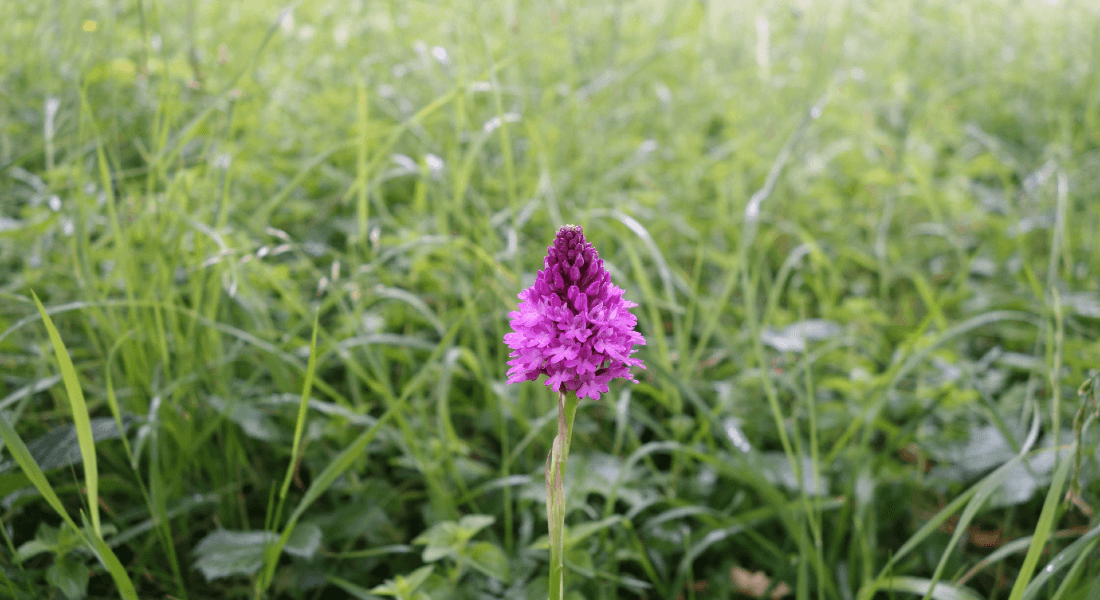Eight GLOBE researchers awarded Carlsberg Foundation grants
292 of Denmark’s most imaginative and visionary researchers are receiving a research grant from the Carlsberg Foundation this year. Eight of them are from GLOBE Institute of which four researchers will establish new research groups.

Eight researchers from the GLOBE Institute have been awarded funding from the Carlsberg Foundation, amounting to around 22 million kroner. The funding will support the creation of new research teams, an individual postdoc fellowship and the acquisition of research equipment.
Four GLOBE researchers have received the Carlsberg Young Researcher Fellowship for newly appointed associate professors to establish an independent research group. Each fellowship is around 5 million kroner and will run over a three-year period.
"The financial support from Carlsberg Foundation of four research groups at Globe spanning such different research areas and methodologies is truly exciting - from CRISPR technology and vacuuming of airborne DNA to satellite tracking of seals. Through this, we are able to further strengthen the interdisciplinarity and dynamic research environment of Globe Institute. I am very excited to follow the research by the group leaders and their teams over the coming years", says Head of Globe Institute, Professor Anders Johannes Hansen.
Four new research teams at GLOBE
Associate Professor Morten Limborg will lead one of the four new research teams. His group will focus on interactions between the epigenomes and gut microbiomes of animals which can ultimately guide future advances in treatments of diseases caused by microbiome imbalances. Morten and his team will use CRISPR technology to explore the importance of the epigenome in controlling the microbiome.
Associate Professor Karina Krarup Sand will strengthen her group's efforts in investigating if minerals and sedimentary processes play a role in the evolution of life. Karina and her team are studying nano-level investigations of DNA-mineral interactions as well as the ability of soil microbes to incorporate mineral adsorbed DNA. Combined with field scale studies of gene dispersal pathways they aim to test if mineral facilitated horizontal gene transfer offers a new principle for the evolution of life.
Associate Professor Morten Tange Olsen will lead another of the four research teams. His team will work on understanding why some marine mammal species successfully expand to new areas, while others fail and become extinct. Morten and his team will achieve this through analyses of satellite telemetry data, DNA and zooarchaeological material.
Finally, Associate Professor Kristine Bohmann will establish a research team dedicated to establishing the use of airborne environmental DNA for terrestrial vertebrate monitoring.
"Airborne environmental DNA can transform our ability to study and monitor animals, which can ultimately allow us to track animal declines, inform conservation efforts, and follow progress towards achieving biodiversity targets," says Kristine Bohmann.
Individual postdoc fellowship and acquisition of equipment
The Carlsberg Foundation also awarded funding for an individual postdoc fellowship, namely to Postdoc Ida Hartvig who will join Globe to study how the genome and root and leaf microbiome of plants can play a role in plant adaptation. Further, Assistant Professor Luise Brandt, Associate Professor Bo Dalsgaard and Associate Professor Antton Alberdi were each awarded a Carlsberg Foundation Infrastructure grant, which will enable them to purchase equipment for their research.
Contact
